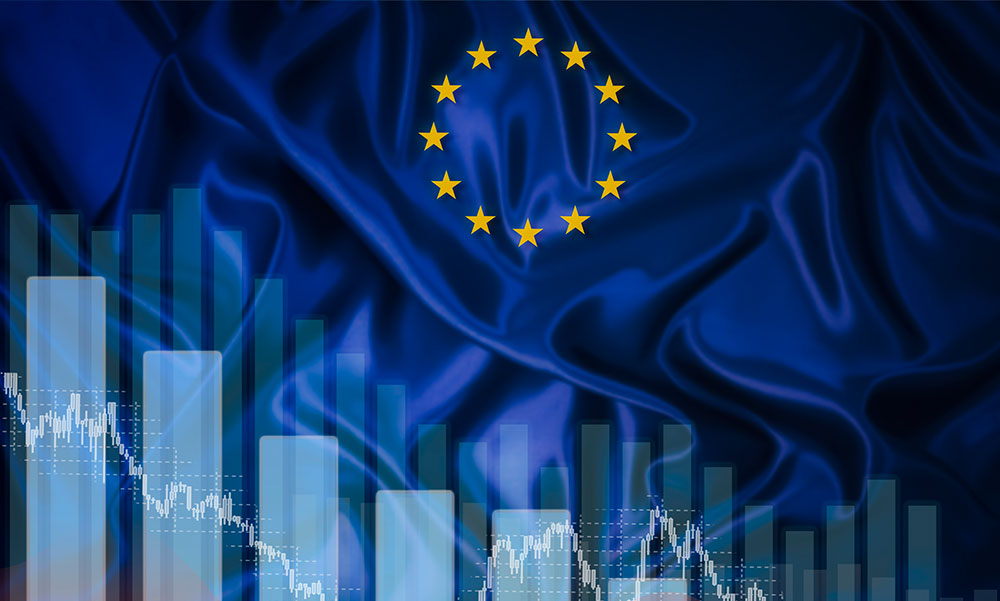Since the end of July, the European Commission has been carrying out a review process of the VAT rules applicable to the travel and tourism sectors. The expected horizon for adoption is the fourth quarter of 2026.
The context for the European Commission’s initiative is the need to adapt rules that have become obsolete for a globalized, digitalized tourism industry that is experiencing growth after the pandemic. The tourism sector accounts for close to 10% of the EU’s GDP and includes more than 4.36 million companies, predominantly small and medium-sized businesses.
The shortcomings identified by the Commission include (i) distortions of competition caused by non-EU agents not being taxed, (ii) not allowing VAT to be deducted on business tripes, (iii) disparity in interpretation across the member states; and (iv) the difficulty and low revenue involved in VAT on transport services subject to reduced rates or widespread application of zero-rates. Currently, VAT revenue on transport accounts for only 1.3% of EU total VAT, despite the economic weight of the sector.
The Commission is analyzing reforms focusing on four objectives: harmonizing the legislation, establishing a level playing field, ensuring fairer and more even taxation and simplifying compliance. Notable options that have been considered are a redefinition of the place where services are taxed in the special VAT scheme for travel agencies (place of the traveler’s residence or destination), taxation of a global margin, possible exclusion of B2B transactions, as well as a reform of the place-of-supply rules for passenger transport (origin or destination).
These measures are expected to strengthen legal certainty, reduce compliance burdens and increase revenue; as well as having a positive environmental impact due to the tax being more aligned with sustainable goals.
Spain has already made various contributions to the public consultation process launched by the European Commission. The positions submitted by CEOE, CONFEBUS, FENEVAL, FETAVE, GESINTUR and ANETRA are publicly accessible and available to read.
Here are the most notable proposals sent from Spain to the European Commission in relation to the special VAT scheme for travel agencies:
- Voluntary application of the special VAT scheme for travel agencies, allowing each operator to choose, for each individual transaction, whether to apply the special scheme, in transactions where the customer is a trader (B2B) or a private party (B2C).
- Allowing agencies to choose to determine the taxable amount via a global margin or, alternatively, for each individual transaction, according to their business model, which may have positive effects on their liquidity.
- Taxing the margin under the special VAT scheme for travel agencies at the rate applicable to the underlying service (standard, reduced, zero-rated or exempt), thereby avoiding automatic application of the standard rate.
- VAT neutrality throughout the value chain, allowing deduction of the tax where the customer is a VAT taxable person (B2B).
- Exclusion of MICE activities (Meetings, Incentives, Conferences & Events) from the special VAT scheme for travel agencies, because they are predominantly B2B services with a different nature and risks to traditional tourism services.
In relation to the taxation of passenger transport services, the most notable proposals were (i) that rent-a-car services should be able to benefit from a reduced VAT rate, and (ii) objection to the Commission’s original proposal that air transport services between EU member states should become subject to VAT.
We hope that the convergence of institutional goals (modernization, harmonization and efficiency of VAT on tourism in the EU) and the aims sought by businesses (flexibility, neutrality and recognition of diversity in operations and across territories) will finally achieve a revision of the VAT rules on the tourism sector, because this will be key to transition to a more competitive, sustainable, and digital sector aligned with the requirements of the European single market.






